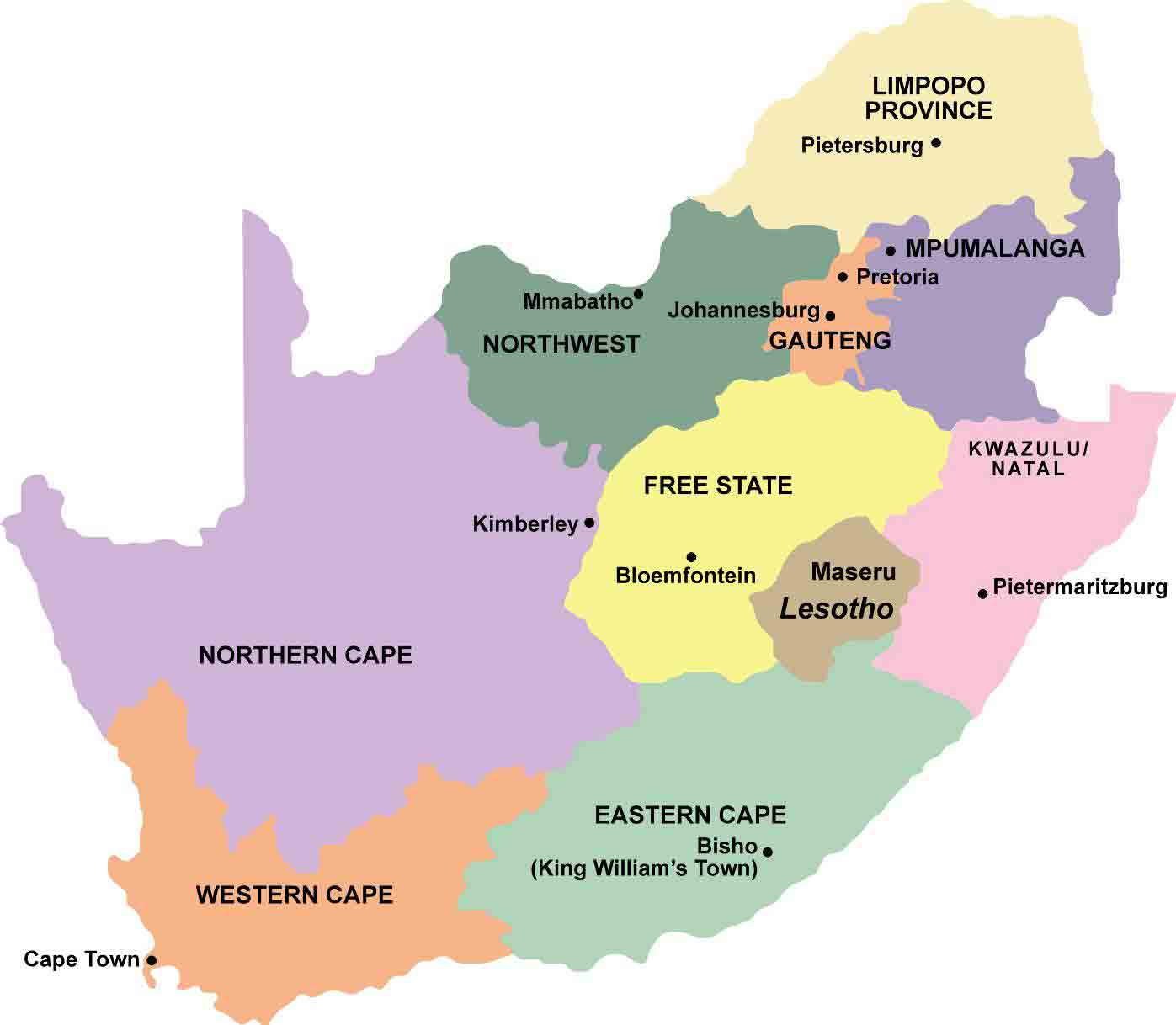In South Africa, Malawi, Swaziland, Tanzania, Mozambique, Burundi, in most countries in Southern Africa people with albinism are targeted, terrorized, attacked, mutilated, murdered, all for one purpose: muti. In recent years governments in some of these countries have taken measures to protect their albino-citizens. President Jakaya Kikwete of Tanzania pledged to crackdown on albino killings (2015), the Malawian government ordered police to shoot in a bid to protect albinos (2015). Prosecution of suspects have started in various countries. Yet it is not enough. The attacks and killings continue. More needs to be done: education – to teach people that superstition, the belief in the power of muti is misplaced and that one cannot get away with murder – and the rule of law are key to eradicate these heinous crimes against innocent people who are born with a disability and have to live with it: albinism. (webmaster FVDK).

Published: June 2, 2016
By: eNCA
JOHANNESBURG – with hate crimes against people with albinism still rife across the continent, the African Union and SADC have been urged to do more on their behalf.
In South Africa,a campaign has been launched to try and put an end to this human rights crisis.
A recent victim was Thandazile Mpunza, a 20-year-old KwaZulu-Natal woman, whose remains were found in a shallow grave last August.
It is suspected that she was murdered for witchcraft purposes because of her albinism.
The Commission for the Promotion and Protection of the Rights of Cultural, Religious and Linguistic Communities (CRL) has taken up the fight.
CRL Commission Chair, Thoko Mkhwanazi-Xaluva, said, “We need to say as Africans we need to say not in our continent, you can’t continue with this thing here and as a continent we need to protect people with albinism.
“There is a lot of energy worldwide to protect the rhino, we expect the same if not more energy to protect people with albinism. If they are being hunted like the rhino, how much coverage do they get, one rhino killed in Malawi or in SA the while world will know about it. But people with albinism their story is not told aggressively enough as we hear stories about the rhino.”
*View the attached video for more on the plight of people living with albinism in Africa.
Source: ‘Stop killing us for our body parts’: Albinism society



